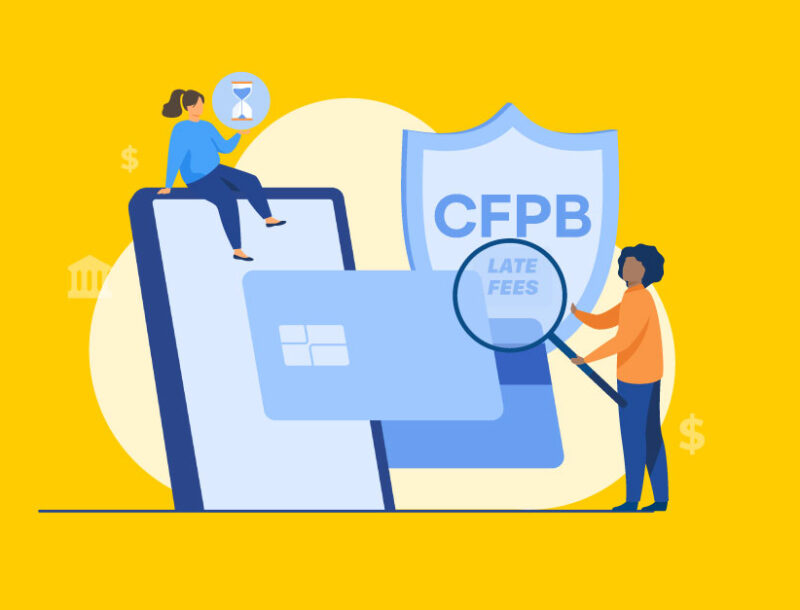3 Marketing Trends That Impact Credit Card Compliance Risk

Here are three key marketing trends that are increasing credit card compliance risks.
Digital Technology and New Innovations
In the credit card market, digital technology is allowing for new innovations to be leveraged to offer consumers more tools to control how they shop for credit cards, how they qualify for different products, how they transact with physical cards or mobile phones, and how they pay for associated debts.
While these innovations are greatly beneficial for consumers, they also implicate a broad array of new regulatory provisions that credit card issuers must navigate carefully.
Credit card regulations require (but aren’t limited to):
- Limitations on APR and fee increases
- Payment allocation rules
- Ability-to-pay requirements
With increased regulation comes increased credit card compliance risk, and failure to properly comply can cost these companies big time.
Marketing Through Social Media
As social media marketing is becoming increasingly popular, credit card companies are increasing their use of these platforms. Consumers are encountering an increase in credit card marketing across digital platforms, such as the web, emails, and social media, according to the CFPB.
Credit card companies previously relied heavily on direct mail communications with consumers, but direct mail solicitations are down 22% from 2016 levels. In 2018, 52% of credit card acquisitions in the U.S. occurred online, and with the 2020 pandemic accelerating a digital transformation, we can only assume that this number has increased significantly in the past year.
Credit card advertising on social media sites such as Twitter, Facebook, and Instagram is becoming more prominent, as is the use of paid ads and social media influencers. While these can be effective marketing tools, ensuring compliance is just as critical on these platforms as it is anywhere else. Social media has become an area of increased scrutiny by regulators in recent years. Most recently, TikTok banned financial services and products specifically, adding it to its list of prohibited industries and specifically calling out credit cards.
So, while social media can help companies potentially reach billions of consumers, it also dramatically increases the credit card compliance risk for potential compliance violations.
The Use of Third Parties & Partners
Many credit card issuers employ third-party agencies to recover debt owed from consumers. The challenge with this is that issuers who choose to use third-party agencies assume the risk for how these agencies represent their brand, and therefore must ensure that they are compliant with policies, procedures, and regulatory requirements.
In 2018, all but one credit card issuers’ third-party networks consisted of at least 8 different vendors. Between 2017 and 2018, the largest network employed by any surveyed issuer included 57 separate vendors. With the increased use and number of third-party vendors for credit card issuers to manage, their risk of noncompliance also increases.
Credit card issuers are also put at an increased risk when their cards are being promoted on third-party comparison sites. Although these sites are neither owned nor operated by issuers, they’re ultimately responsible if their products are not being marketed within regulatory guidelines.
Your Compliance Program Needs To Be Agile
While these trends are overall positive for both consumers and credit card issuers, companies must navigate the regulatory landscape carefully and be aware of the new areas of risk they could be exposed to. Your compliance program must be as agile as the ever-changing credit card market, or you’ll get left behind and left at risk.
Stay on top of the evolving regulatory landscape with PerformLine’s automated compliance monitoring solutions across all the channels you interact with consumers. Mitigate credit card compliance risk and ensure brand safety by speaking to one of our experts today.


